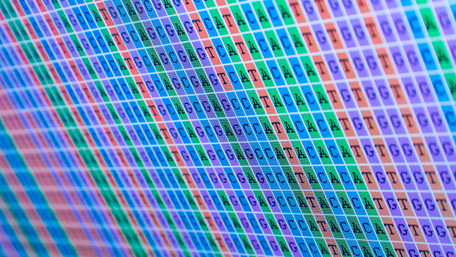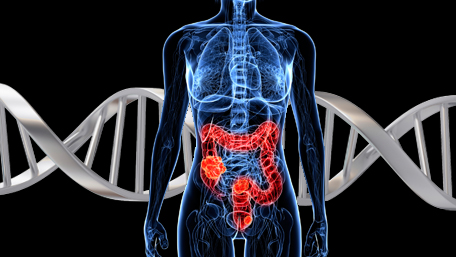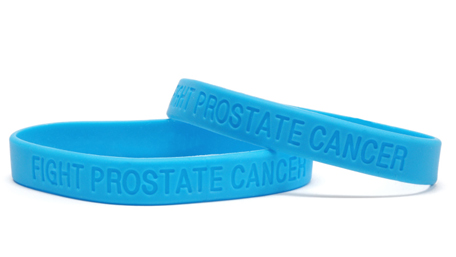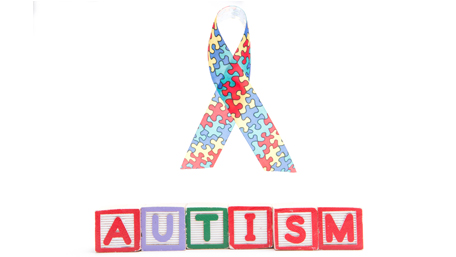
06/09/2021
Hot Topics of the Day are picked by experts to capture the latest information and publications on public health genomics and precision health for various diseases and health topics. Sources include published scientific literature, reviews, blogs and popular press articles.
Sign up MyPHGKB to receive the daily hot topic email alert.
Archived Hot Topics of the Day By Date
The pandemic has a new problem named ‘delta’
Editorial board, The Washington Post, June 8, 2021
Impact of vaccination on new SARS-CoV-2 infections in the United Kingdom
E Pritchard et al, Nature Medicine, June 9, 2021
Immunogenicity of Ad26.COV2.S vaccine against SARS-CoV-2 variants in humans
G Alter et al, Nature, June 9, 2021
SARS-CoV-2 mRNA vaccination induces functionally diverse antibodies to NTD, RBD and S2
F Amanat et al, Cell, June 7, 2021
A ‘landmark’ trial to test mRNA vaccines against COVID-19 in Africa can’t get the coveted shots
J Cohen, Science, June 7, 2021
Delta variant accounts for 6 percent of new U.S. coronavirus infections
L Bernstein, Washington Post, June 8, 2021
Genomic sequencing for the diagnosis of childhood mitochondrial disorders: a health economic evaluation.
Wu You et al. European journal of human genetics : EJHG 2021 6
Variation in the risk of colorectal cancer in families with Lynch syndrome: a retrospective cohort study
The International Mismatch Repair Consortium, The Lancet Oncology, June 7, 2021
New publications in health economics and genomics 8th June 2021
J Buchanan, Health Economics and Genomics, June 2021
Intrinsic Biologic Differences Unlikely to Be Driving Prostate Cancer Disparities
ASCO Daily News, June 8, 2021
Concordance of DNA Repair Gene Mutations in Paired Primary Prostate Cancer Samples and Metastatic Tissue or Cell-Free DNA.
Schweizer Michael T et al. JAMA oncology 2021 6
Association of Polygenic Liability for Autism With Face-Sensitive Cortical Responses From Infancy.
Gui Anna et al. JAMA pediatrics 2021 6
Disclaimer: Articles listed in Hot Topics of the Day are selected by Public Health Genomics Branch to provide current awareness of the scientific literature and news. Inclusion in the update does not necessarily represent the views of the Centers for Disease Control and Prevention nor does it imply endorsement of the article's methods or findings. CDC and DHHS assume no responsibility for the factual accuracy of the items presented. The selection, omission, or content of items does not imply any endorsement or other position taken by CDC or DHHS. Opinion, findings and conclusions expressed by the original authors of items included in the Clips, or persons quoted therein, are strictly their own and are in no way meant to represent the opinion or views of CDC or DHHS. References to publications, news sources, and non-CDC Websites are provided solely for informational purposes and do not imply endorsement by CDC or DHHS.
- Page last reviewed:Feb 1, 2024
- Page last updated:Apr 25, 2024
- Content source:







